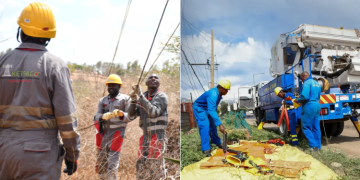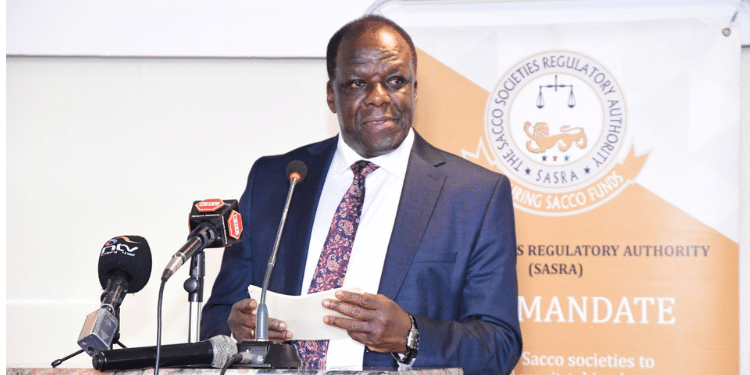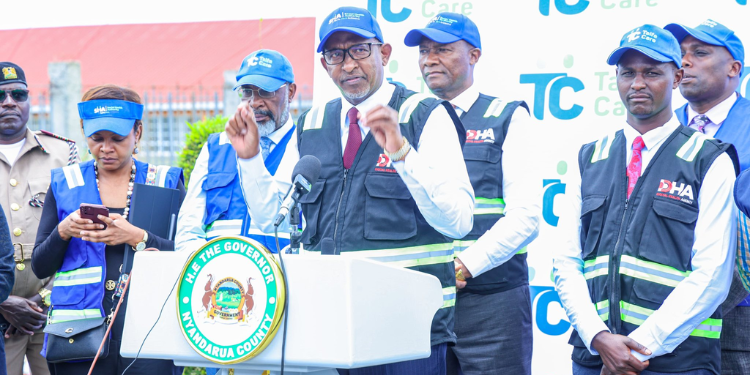Turkana County has declared a public health emergency following a record surge in Kala-azar, also known as visceral leishmaniasis, one of the world’s deadliest parasitic diseases.
County health officials reported a dramatic spike in Kala-azar cases since 2024, with 850 infections recorded between June 2024 and August 2025.
The disease peaked in June of this year, with 125 new cases recorded in a single month. In total, Turkana has registered 2,457 cases since 2020.
“This declaration is not made lightly but is driven by the urgent need to protect lives and mobilize all stakeholders toward an effective, coordinated response,” Dr. Epem Joseph Esekon, Turkana’s County Executive Committee Member for Health, said in a statement.
Kala-azar, spread through sandfly bites, is almost always fatal if untreated within two years.
Kala-azar Cases Surge in Turkana
Kenya is among the top 10 countries responsible for more than 90% of global cases, with Turkana consistently ranking as one of the most severely affected regions. Nationally, more than 6,000 infections have been reported between 2022 and 2025.
Also Read: Research Reveals Cockroach Milk Is Three Times More Nutritious Than Cow’s Milk
Health authorities warned that despite a slight decline in cases in recent months, the risk of resurgence remains high if interventions are not urgently scaled up.
The Department of Health Services and Sanitation has rolled out a four-pillar response plan: early case detection and treatment, strengthening medical supply chains, intensified vector control using environmental and insecticide measures, and widespread community sensitization.
Officials say the strategy is aimed at both reducing further spread and encouraging early health-seeking behaviors.
“We cannot respond to this emergency in isolation,” Esekon said,
He called on government agencies, humanitarian partners, health workers, and donors to support the county’s efforts.
“Your support is vital in addressing this urgent public health threat.”
Call for Action
Kala-azar outbreaks have long plagued Turkana, where poverty, limited access to healthcare, and nomadic lifestyles make control efforts difficult.
Also Read: Why Nyandarua Potatoes Are Unsafe- Egerton Research
The World Health Organization ranks it as the second-deadliest parasitic disease worldwide, after malaria.
Authorities said interventions will now focus on rapid case management, boosting hospital capacity, and improving access to medicines.
Community outreach programs will also be intensified in hotspot areas.
The declaration comes as Kenya battles multiple public health threats, including cholera and malaria, putting further strain on health systems.
Health experts warn that unless resources are quickly mobilized, Turkana could face its worst Kala-azar epidemic in years.
“We are not out of the woods yet. The risk of resurgence remains high if interventions are not prioritised and sustained,” cautioned Dr Esekon.
Follow our WhatsApp Channel and X Account for real-time news updates.























































![Senator Allan Chesang And Chanelle Kittony Wed In A Colourful Ceremony [Photos] Trans Nzoia Senator Allan Chesang With Channelle Kittony/Oscar Sudi]( https://thekenyatimescdn-ese7d3e7ghdnbfa9.z01.azurefd.net/prodimages/uploads/2025/11/Trans-Nzoia-Senator-Allan-Chesang-with-Channelle-KittonyOscar-Sudi-360x180.png)


















